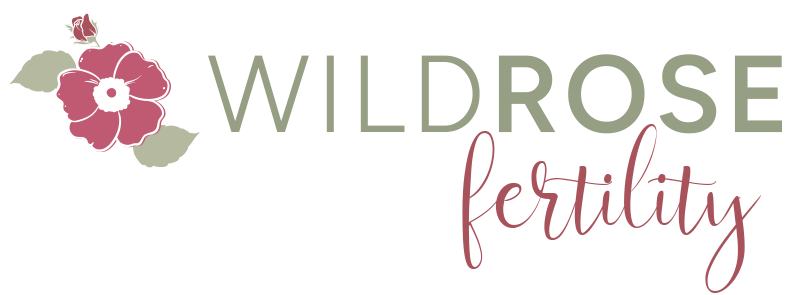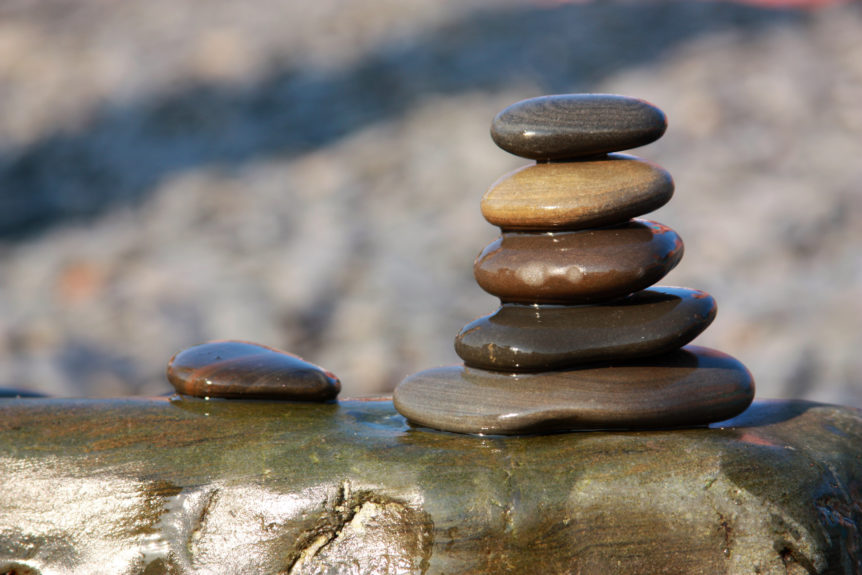Hot Flashes, Night Sweats, and Insomnia, Oh My!
Chinese Medicine Tips for Menopause
Are you beginning to notice a little intolerance to heat or maybe a big flair of warmth rising inside? Are you having trouble getting all the ZZZ’s you need to function optimally? These can be the very first symptoms that your body is in or moving towards peri-menopause or menopause. According to the Mayo Clinic, “Menopause is the time that marks the end of your menstrual cycles. It’s diagnosed after you’ve gone 12 months without a menstrual period. Menopause can happen in your 40s or 50s, but the average age is 51 in the United States. Peri-menopause means “around menopause” and refers to the time during which your body makes the natural transition to menopause, marking the end of the reproductive years.”
Even though peri-menopause and menopause are completely natural processes and not disease states, many women are plagued with a host of unwanted symptoms; hot flashes, night sweats, insomnia, irritability, moodiness, libido changes, mental fog and dryness. Thankfully, Traditional Chinese Medicine (TCM) has wisdom from thousands of years ago to share with us to help modern women feel their best.
Traditional Chinese Medicine’s (TCM) view of life is all about a balance of yin and yang. Yin represents that which nourishes and builds and yang represents that which activates and energizes. These two energies are always dancing together; they are interdependent, mutually consuming, opposites and have the ability to transform into the other. Below is a chart with some basic examples of yin and yang.
| Yin | female | dark | slow | moist | passive | night |
| Yang | male | bright | fast | dry | active | day |
In menopause yin begins to decline and become deficient from aging, a poorly balanced diet and a stressful lifestyle. The juicy, moist, cool aspects of yin becomes consumed, which leads to the creation of heat and dryness in our bodily systems. In TCM this is referred to as “deficient heat”, i.e. hot flashes, night sweats, red cheekbones as opposed to “full heat” when the whole face is red or in a fever, because there is too much yang (heat, dryness) in relation to yin.
Vitality is possible! I see women every week in my clinic who benefit from an integrative approach including dietary changes, acupuncture treatments, herbal medicine and simple lifestyle modifications to ease the transition into menopause.
Balance Through Foods
Yin can be nourished by foods that help to build up internal moisture and cool the system down. Here are some examples:
- Asparagus and artichoke frittata
- Blueberry, banana and green smoothie
- Baked yams drizzled with coconut oil and sea salt
- Barley leek stew
- Tofu and aduki bean miso soup
- White fish baked in coconut milk
- Chia seed pudding with almond milk and cardamom.
Balance With Acupuncture
Pay a visit to your local acupuncturist. She or he can provide hands-on treatments to help balance yin and yang and the underlying internal organs while clearing heat, calming the mind and address any other health concerns. Typically you will feel better after your first treatment, but a series of visits provides the most lasting relief.
Balance With Daily Practices:
-
Breathing Exercise: Shitali Pranayama
While this is out of realm of TCM, I am also a yoga therapist and have seen that incorporating simple breathing practices into ones daily routine reinforces the benefits of the other efforts made.
My favorite breathing exercise for menopause is called Shitali, which comes from the Sanskrit word meaning “cooling” or “soothing.” Based on its name, you can imagine what this breathing practice does: it reduces heat in the body by cooling and calming the bodily systems and the mind. I suggest doing this before bed or even in the middle of the night for patients suffering from insomnia.
Shitali asks you to curl your tongue. The ability to curl the tongue is a genetic trait, not something that can be learned. If you are not able to curl your tongue, don’t worry; instead, simply place the tip of your tongue behind your two front teeth.
- Sit in a comfortable position. You can sit cross-legged on the floor, on a cushion, or in a chair.
- Take a deep breath and let your breath elongate your spine. Keep your shoulders relaxed.
- Make an O shape with your mouth. Curl your tongue if you are able, or place your tongue behind your two front teeth.
- Inhale slowly and gently lift your chin. (Avoid throwing your head back.) You will feel cold air coming into your mouth. It is as if your curled tongue were a straw, and you’re sucking the air in through it.
- When you finish inhaling, close your mouth. Exhale slowly through your nose, and lower your head back to a neutral position.
- Continue inhaling and exhaling slowly in this manner at your own pace. Repeat for a total of twelve breaths.
- When you are finished, sit quietly and breathe naturally for a few moments before getting up.
-
Essential Oils
Essential oils (E.O’s) are powerful, highly concentrated extracts of plants made from flowers, leaves, seeds, roots, trees, and resins. E.O’s have been used for thousands of years by cultures around the world for attaining health, longevity, and spiritual insight.
Essential oils are wonderful to calm the mind and help balance emotions. The sense of smell activates the limbic system, which is the most primitive aspect of the brain that bypasses logical reasoning and thinking. The limbic system is directly connected to parts of the brain that control heart rate, blood pressure, stress levels, breathing, memory, and hormone balance.
My favorite E.O’s for peri-menopause and menopause are
- Rose
- Geranium
- Lavender
- Sandalwood
Make a blend and spritz around you (add 10 to 50 drops of essential oil to a 4-ounce bottle of pure water with a spray top), add a few drops to a bath or mix with a carrier oil (use about 15 drops of an essential oil for a 1-ounce bottle of massage oil) and apply to the soles of your feet before bed (the last is an Ayurvedic home remedy that is especially great for insomnia)
I hope these tips help to soothe the menopausal transition. When we are feeling healthier it is easier to honor this powerful time in life. The menopausal years can be filled with sharing wisdom, new perspectives on life and hopefully vitality and zest! Cheers to a healthy menopause 🙂

